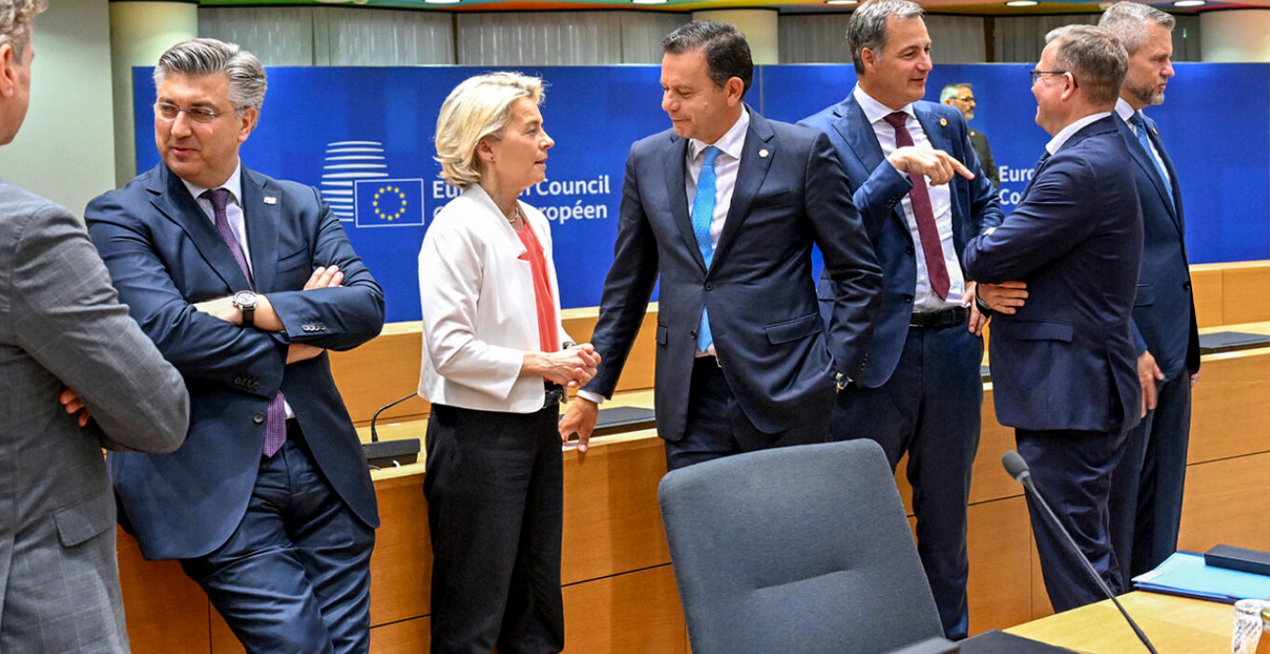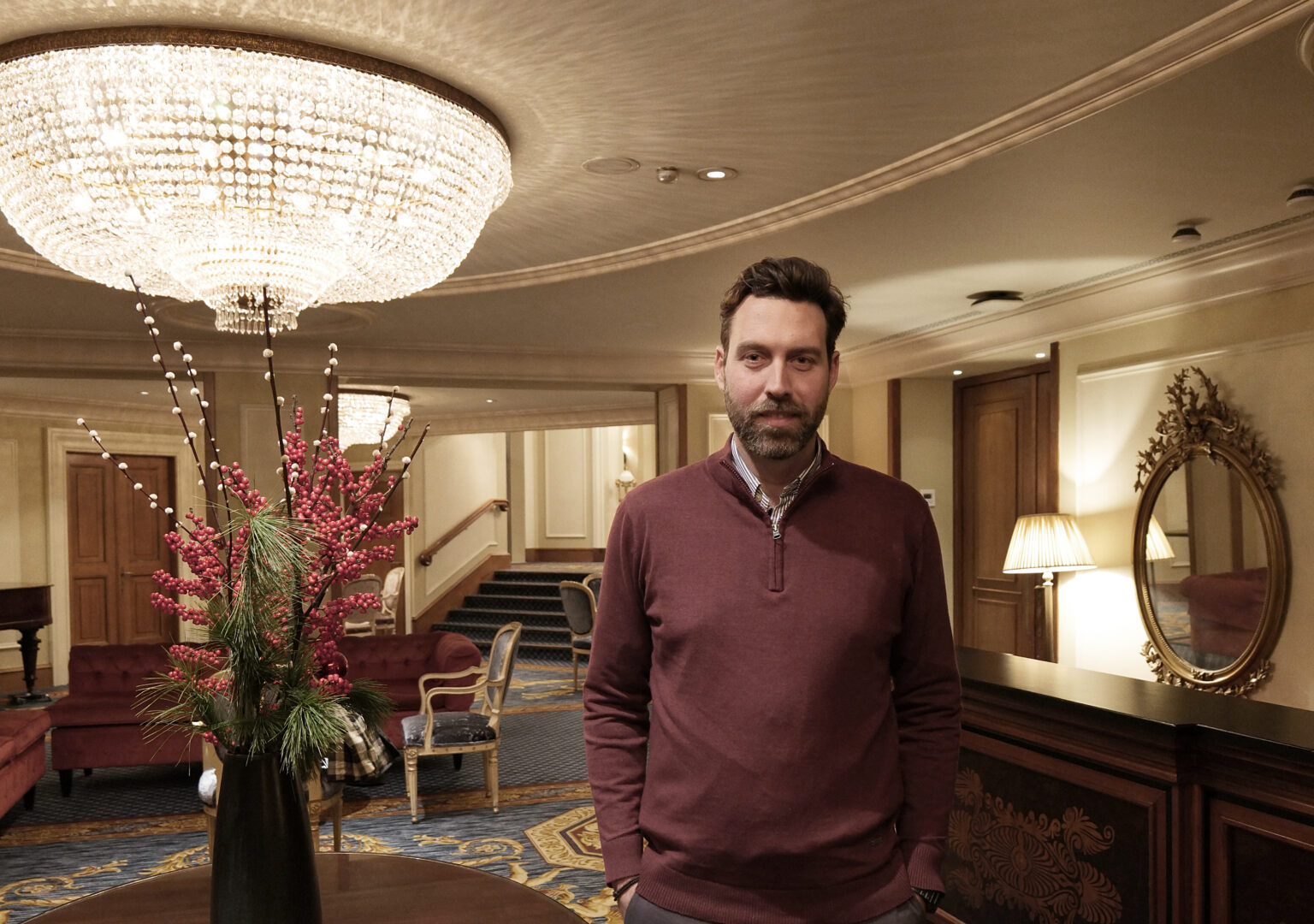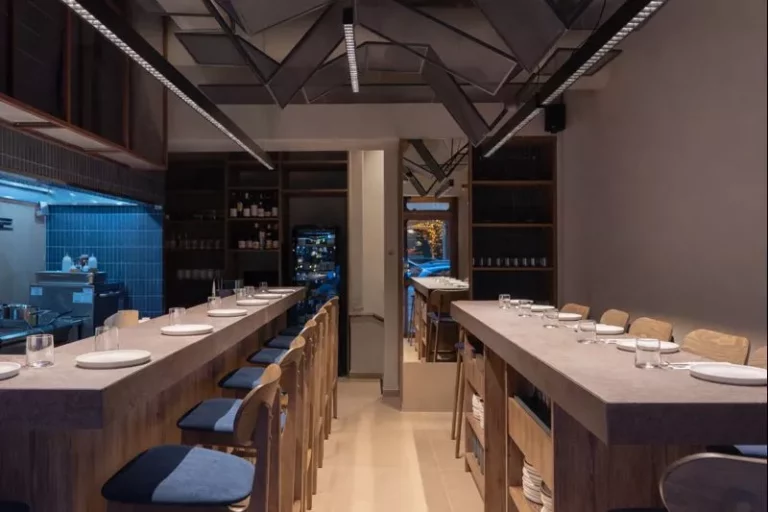Yesterday’s informal European Summit on top EU positions seemed initially rather straightforward, but as protothema.gr noted on Monday, the devil is always in the details. European negotiations, after all, are always complex and full of surprises. This was confirmed late in the night, around 1 AM, when the informal summit concluded without reaching a consensus.
In theory, the agreement was on the table early without major reservations. The EPP secured the presidency of the Commission for Ursula von der Leyen, whom some considered politically sidelined a few weeks ago, and the leadership of the European Parliament for Roberta Metsola. The Socialists had early on tabled the candidacy of former Portuguese Prime Minister António Costa instead of Charles Michel in the European Council, while the Liberals supported Estonian Prime Minister Kaja Kallas for the position of EU High Representative.
However, in practice, discussions proved more technical and difficult than expected, despite the optimism of several leaders that the informal summit dinner could be more conclusive. Despite Hungary’s objections to von der Leyen due to ongoing tensions, her candidacy wasn’t the problem. Nor was Kallas’s candidacy, supported by the EPP. The “gamble,” on the contrary, was for the presidency of the European Council by António Costa, which was the main condition for the Socialists to consent and for the trilateral coalition to move forward, essentially defining majorities for top positions.
The Socialists appeared to be requesting that the EPP guarantee that António Costa’s term wouldn’t last just 2.5 years, as stipulated by the Treaties, but would include an option for another guaranteed renewal of 2.5 years. Voices from the EPP had previously indicated that Costa could be appointed as president, but thereafter the European Center-Right would need to seek to regain that position. The current president, Charles Michel, who comes from the Liberals, took office at the end of 2019, with his term being renewed after several years.
“It’s not a matter of the EPP’s desire, but of what the Treaties specify,” countered a European source from the Center-Right to protothema.gr, citing the explicit reference to a 2.5-year term. “No one gets the full five years from the start. Who guarantees that the composition of leaders will be the same in 2.5 years? Elections won’t have been held in several countries,” queried the same source, thus explaining the EPP’s inability to commit to Costa’s automatic renewal. On the other hand, sources from the European Socialists told protothema.gr that the EPP is approaching the negotiation with the intention to take everything, something that isn’t feasible within the framework of a broader compromise.
Given these circumstances, the pending issue is deferred to the next European Council summit on June 27 and 28, when leaders are called upon to reach decisions that will be ratified during those days. As evident, in the coming days behind-the-scenes efforts will intensify in an attempt to soften differences and overcome the details that prevented a European deal. If deadlock persists at that time, there is a scenario for an extraordinary summit in early July.
In the new political cycle of Europe, Mr. Mitsotakis, who comes from a position of strength due to his role within the EPP and in the broader negotiation context, desires a significant portfolio for Greece. This portfolio is aimed to be productive, hence scenarios are being discussed regarding Agriculture, Competitiveness, or Enlargement. Of course, no one can predict with certainty where the “ball will land”, which is why Mr. Mitsotakis is not advancing discussions about the appointment of a Greek commissioner at this stage.
Ask me anything
Explore related questions





